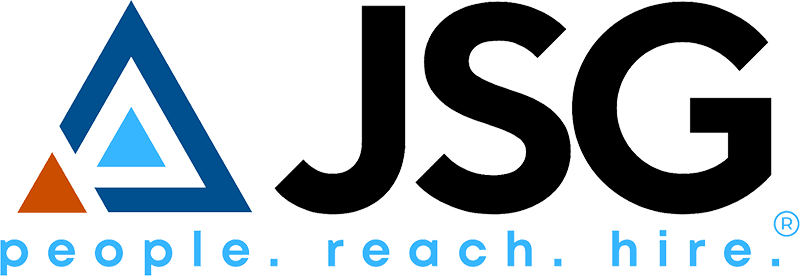
How to be Professionally Authentic
It can be difficult to know what approach is appropriate at work these days. Oftentimes, it can depend on where you work. You want to

What is the Hidden Job Market and How Do You Access It?
We’ve all been there—You’re scrolling through LinkedIn, and you happen upon a post from one of your connections who just landed your dream job at

Are You Being Offered Fair Compensation?
When going into a job interview, it can be challenging to estimate how much is a fair wage for the position, based on your experience

Following Up After an Interview
Getting a couple of extra words in after your interview can help you stand out during the interview process. It can be challenging to know

3 Things to Avoid Doing in a Job Interview
We all have things we do when we are nervous or uncomfortable. Naturally, job interviews tend to be uncomfortable or nerve-wracking. You may want to

Addressing a Negative Work Experience in an Interview
Most of us have had a job that left us feeling overworked, underappreciated, or just downright mad. Often, these jobs are on our resumes. How



